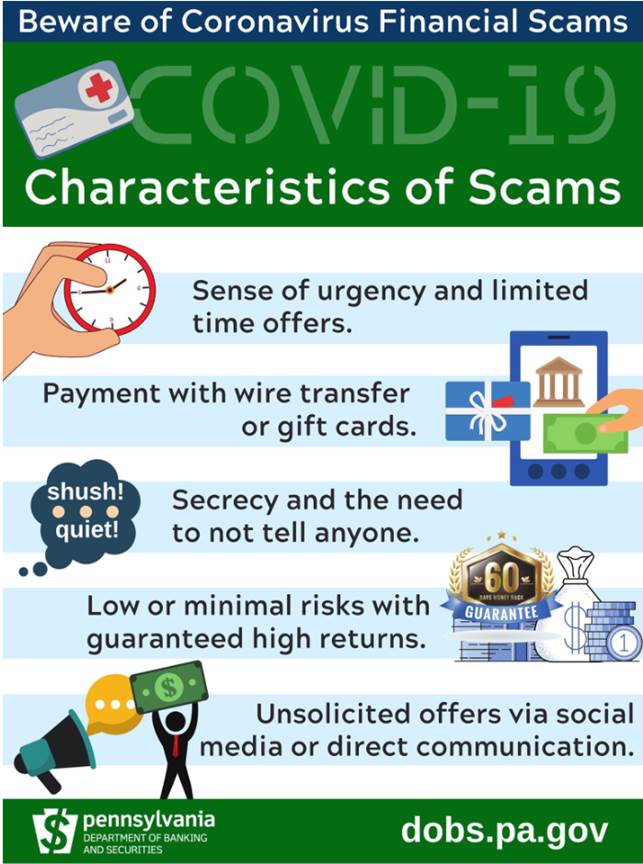Customer Service: 610-882-8800
Routing Number: 031318716
Paycheck Protection Program (PPP) Application Update
January 11, 2021
The U.S. Small Business Administration and the Treasury Department, announced that the Paycheck Protection Program (PPP) will re-open Monday, January 11th for first-time borrowers, and Wednesday, January 13th for second-time borrowers.
Please note, that initially, only community financial institutions will be able to take applications for these PPP Loans.
We will update our website as soon as these PPP applications are open to Embassy Bank clients, which we understand should be shortly after January 13th.
This third round of the PPP authorizes up to $284 billion towards job retention and other authorized expenses through March 31, 2021, or until the new funding is exhausted. This also allows certain existing PPP borrowers to apply for a second draw PPP Loan.
We encourage our interested business banking clients to visit the treasury website to review the program details before applying.
Stay healthy,
David M. Lobach, Jr.
Chairman, President and CEO
Embassy Bank for the Lehigh Valley
To Learn More:
Please visit our Third Round of the Paycheck Protection Program details page.
Back to COVID-19 PageTIPS & BEST PRACTICES
How To Protect Yourself from Coronavirus Financial Scams
A message from the PA Department of Banking and Securities for ways to be safe from opportunists who will try and take advantage of them during major events such as the current COVID-19 situation:
"Consumers should be on alert for increased fraud during major events such as the outbreak of COVID-19," said Acting Secretary Richard Vague. "Scams are becoming increasingly more sophisticated and scam artists are taking advantage of people, making every attempt to separate you from your hard-earned money."

Coronavirus - Beyond Health and Wellness
Cybercriminals like to take advantage of incidents such as the coronavirus threat to entice people to click on phishing emails and conduct social engineering attacks. Cybercriminals may send malware‐laced emails with attachments and links to websites that can harvest your private information and passwords to exploit your personal and corporate accounts. It is important to remain diligent in reviewing emails to ensure they are safe.

